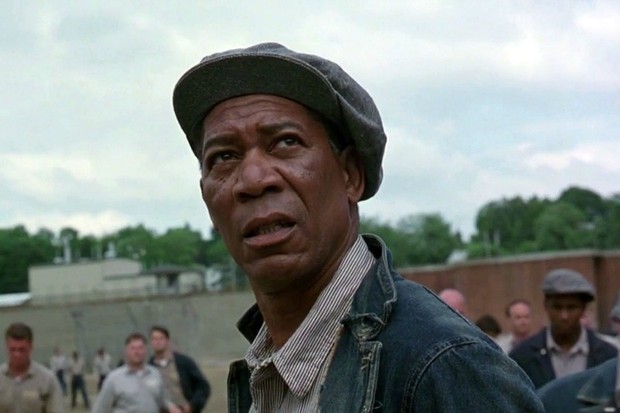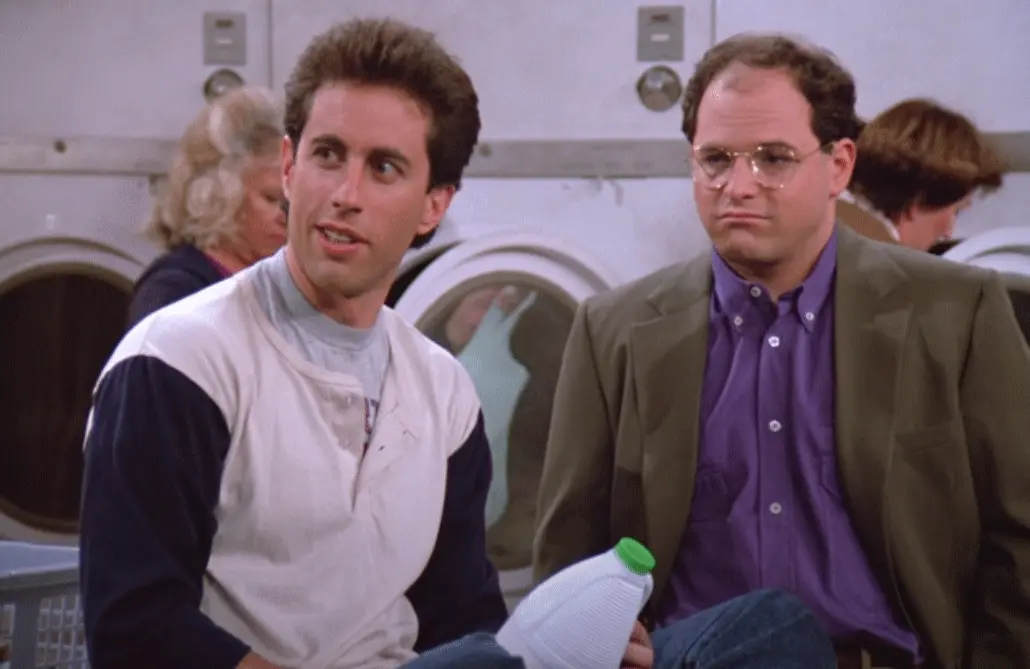What Are the Best Qualities of an Actor?
The best qualities of an actor go far beyond talent alone
(By Carmichael Phillips)

Great acting is more than just memorizing lines or hitting marks on stage or in front of the camera. The best actors have a unique set of qualities that elevate their performances and set them apart. Whether you’re an aspiring actor or a seasoned professional, developing these traits can greatly enhance your craft and career.
Emotional Intelligence
One of the most essential qualities of a successful actor is emotional intelligence—the ability to understand and express a wide range of emotions. Great actors can tap into their own feelings, and translate those emotions into their characters with authenticity. Whether portraying joy, sorrow, fear, or anger, their emotional depth makes their performances more engaging and believable.
Empathy
Empathy allows actors to step into their characters’ shoes and truly understand their motivations and experiences. This deep connection makes it possible to portray characters who may be very different from the actor themselves. Without empathy, performances can feel shallow or disconnected, but with it, an actor can deliver a role that feels real and lived-in.
RELATED: What are the qualities of a good actor?
Adaptability

The ability to adapt is critical in acting. Scripts change, directors ask for different interpretations, and on-set circumstances evolve. Great actors are flexible and open to trying new approaches. This adaptability extends to the ability to play a wide range of roles. Being versatile allows an actor to expand their career and avoid being typecast in similar roles.
Strong Work Ethic
Acting is a demanding profession that requires hours of rehearsal, study, and dedication. The best actors are those who are willing to put in the hard work. This includes taking care of their bodies, voices, and minds, as well as continually improving their skills through classes, workshops, and auditions. A strong work ethic ensures that they’re always prepared for their roles and are professional on set or stage.
Confidence
Confidence is essential for any actor, both on stage and off. It allows them to perform fearlessly, make bold choices, and fully commit to their characters. Confidence doesn’t mean arrogance; rather, it’s the quiet assurance that they have the skills and preparation to execute a role well. A confident actor can engage the audience and hold their attention, regardless of the size or complexity of the role.
Discipline

Discipline goes hand in hand with a strong work ethic. Acting involves long hours of rehearsals, memorization of lines, physical demands, and sometimes monotonous tasks like repeating scenes over and over. Great actors possess the discipline to push through these challenges without losing focus or motivation. Discipline also helps them maintain a healthy balance between their work and personal lives.
Creativity and Imagination
At its heart, acting is about creativity. Great actors are able to tap into their imaginations to create fully developed characters. They find new, unique ways to interpret a role, often adding nuances that weren’t necessarily written in the script. This creativity allows actors to stand out in auditions and performances, giving their characters depth and originality.
RELATED: Can I realistically become an actor?
Excellent Communication Skills
Communication is central to acting. Whether it’s expressing emotions through dialogue or conveying subtle meanings through body language, actors must be able to communicate effectively. This skill is not only essential for connecting with the audience but also for collaborating with directors, writers, and fellow cast members. Being a good listener is just as important as being a good speaker; the best actors actively listen and respond truthfully in scenes.
Patience and Perseverance
The acting scene is full of rejection and long periods of waiting between jobs. The best actors understand that patience is key to enduring this aspect of the profession. Perseverance keeps them motivated to continue auditioning, honing their craft, and pursuing opportunities, even when faced with setbacks. Success in acting doesn’t always come quickly, so having the resilience to push through challenges is vital.
Collaboration and Teamwork

While acting can sometimes seem like a solitary profession, it is, in fact, highly collaborative. Whether on stage or in film, actors work closely with directors, fellow actors, writers, and crew members. Great actors are excellent team players, willing to take direction, adapt to the needs of others, and contribute to a shared artistic vision. Being easy to work with is crucial in such a collaborative environment, making actors more desirable to casting directors and producers.
Physical and Vocal Control
An actor’s body and voice are their instruments, and the best actors have fine-tuned control over both. Physicality is crucial in conveying a character’s personality and emotions. Great actors use posture, gestures, and movements to bring characters to life. Similarly, their vocal range allows them to deliver lines with emotion and clarity, adjusting pitch, tone, and volume as needed to match the mood and intent of a scene.
Memorization Skills
While it’s not the most glamorous aspect of acting, being able to memorize lines quickly and accurately is an essential skill. Great actors not only memorize their lines but also understand the emotional subtext and pacing required for each scene. This allows them to deliver their lines naturally and with the appropriate emotion, rather than simply reciting words.
Fearlessness and Risk-Taking
The best actors are unafraid to take risks in their performances. They may push boundaries, explore difficult emotions, or step out of their comfort zones to bring authenticity to their roles. This fearlessness is often what separates a good actor from a great one—actors who aren’t afraid to fail often produce the most memorable, powerful performances.
Curiosity
Great actors are naturally curious. They’re always learning—about people, cultures, emotions, and themselves. This curiosity drives them to dig deeper into their characters, to understand the motivations behind every action, and to seek out new experiences that can inform their performances. It also makes them eager to explore different genres, styles, and roles, expanding their artistic range.



